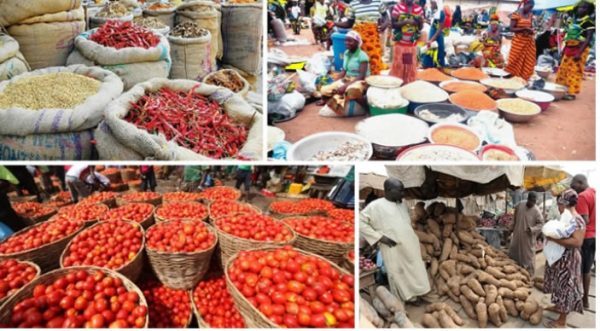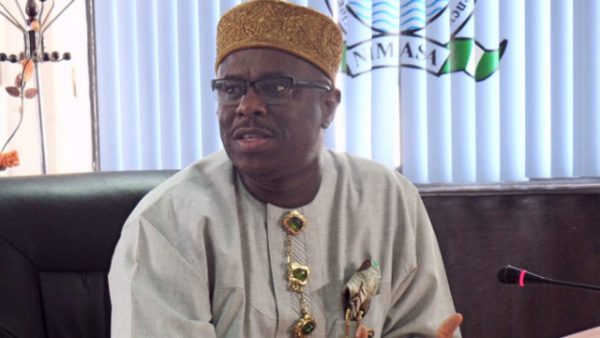Food Import Waiver: Customs Await Finance Ministry’s Nod
The Nigeria Customs Service, on Thursday, said the suspension of customs duties and taxes on imported food items will be implemented as soon as the service receives the list of beneficiaries from the Ministry of Finance.
This is coming almost two months after the Federal Government directed that the authorities of the Nigeria Customs Services should give a 150-day duty-free window to allow the importation of maize, husked brown rice, and wheat.
The initiative was said to be part of measures to combat rising food inflation across the country.
On August 7, the Comptroller-General of Customs, Bashir Adeniyi, said the implementation of the policy would commence the following week once the guidelines are ready.
He explained that the delay experienced in the implementation of the policy was to ensure that the interests of all the stakeholders, including farmers, were considered.
However, while fielding questions at a joint press briefing of security agencies, organised by the Strategic Communications Inter-agency Policy Committee Office of the National Security Adviser, the spokesperson of the NCS, Abdullahi Maiwada, said the directive was yet to be implemented because the list of those who will benefit from tax exemptions was yet to come from the Ministry of Finance.
He added that by the time the service gets the lists, the directives would be implemented within a twinkle of an eye.
Maiwada said, “The issue of food security. You made mention of the policy that was announced by Mr. President and we have issued a statement on the guidelines on how to benefit from that policy. Well, I would like to discuss in such a way that the common man would understand how these things work.
“People think that me and you can just go and import rice. No, that is not what the policy is all about. We have policy issues that have a long-term effect. We have the medium-term and we have the short-term effects.
“So, while formulating policies that are related that have a short-term effect, we have to do it in such a way that it will not have adverse effects on long-term policy issues. Our responsibility as an agency of government, Nigeria Customs Service, is to implement government policies.
“That’s why the statement we issued is based on the guideline issued by the Federal Ministry of Finance. They have issued a guideline on how to achieve, what are the conditions, and what are the requirements for you to benefit from that zero import duty.”
He added, “We have three lines, six lines of tariff line with the HS code, harmonized system code, with initially a duty of 35% duty and leave you some of the items and they have all been waived.
“However, the policy stated clearly that you must be a miller, you must be a taxpayer, you must have been into operations for a certain number of years and there will be a quota that will be issued by the Federal Ministry of Finance.
“So, the list of those who benefit from those exemptions will come from the Ministry of Finance and our role as an agency of government is to implement the directives of the government. So we are policy implementers, not formulators.
“So, by the time we get those lists, within the twinkle of an eye, we are going to implement those directives from the Federal Ministry of Finance.”








